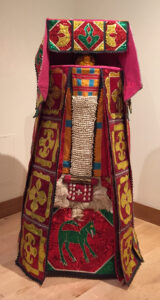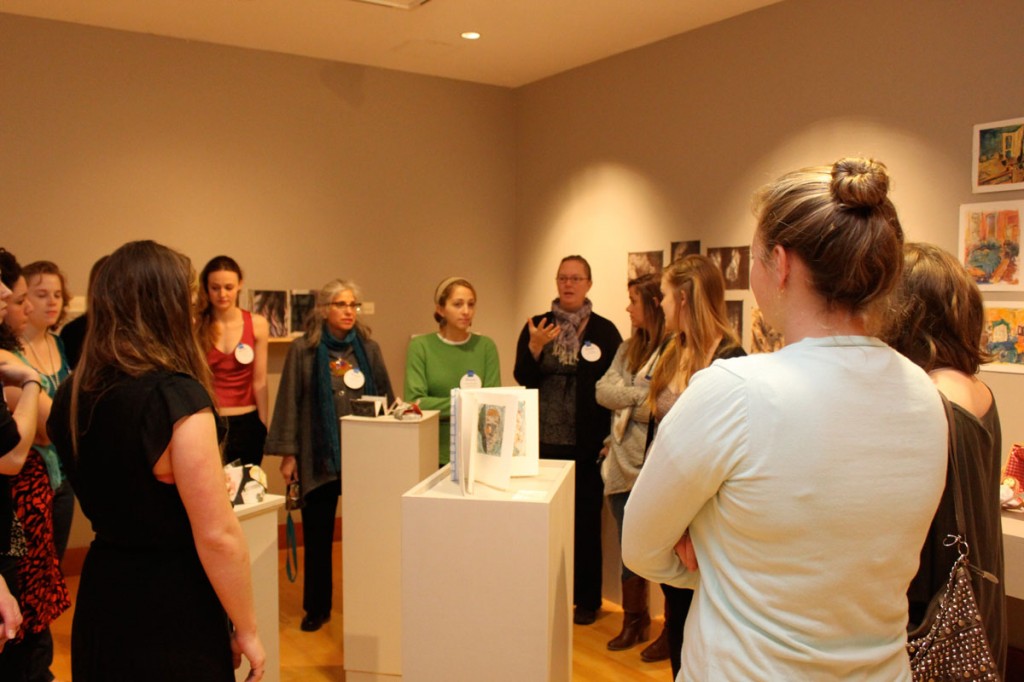Art, Politics, and Activism
Many of our courses analyze how artists’ works are bound to urgent political and social questions. Courses that focus particularly on the question of political engagement and social change include: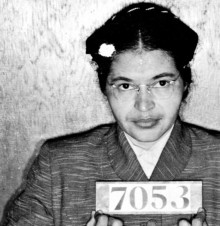
- ARTH 122: Introduction to Modern Art
- ARTH 132: Introduction to Contemporary Art and Design
- ARTH 142: Introduction to Photography
- ARTH 212: African Art and Design
- ARTH 240: Art of the Avant-Gardes, 1900-1945: France, Germany, Italy and Russia
- ARTH 263: African-American Art
- ARTH 312: Contemporary African Art
- ARTH 330: Picturing New York
- ARTH 350: Ruling Families of the Renaissance
- ARTH 3–: Fields of Knowledge in the Early Modern Period
Gender and Sexuality
We are committed to exploring the role that gender and sexuality play in the production and interpretation of art and visual culture. This examination forms a significant part of all the courses we teach, and receives particularly sustained focus in this group of courses.
ARTH 243: Early Modern Spaces
- ARTH 250: Modernism and Mass Culture in France 1848-1914
- ARTH 261: Anatomies 1400-1650: Forbidden, Sexual, and Monstrous
- ARTH 370: Women at Work: Art History and Feminism
Design History and Theory
The central question these courses pose is how to understand societies through their built environment, including buildings, urban spaces, artifacts, ruins, and landscapes. We examine the works’ original contexts, makers, and users and consider the ways in which design shapes knowledge and experience.
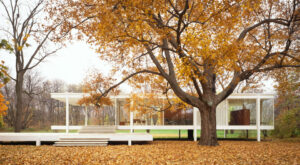
- ARTH 198: Introduction to American Art and Design
- ARTH 121: Introduction to Modern Architecture and Design
- ARTH 132: Introduction to Contemporary Art and Design
- ARTH 243: Early Modern Spaces
- ARTH 255: Art and Ritual of the Ancient Americas
- ARTH 330: Picturing New York: Art and Design
Critical Theory and Methods
This group of courses is especially focused on the concepts, theories, and ideologies that serve as the intellectual foundations for interpreting visual expression. We explore questions surrounding the production of historical knowledge and critically assess the ways meanings are constructed. Given the interdisciplinary nature of art history, our course readings may also come from the related fields of philosophy, anthropology, literary theory, history of science, or semiotics.
- ARTH 298: Photography as Knowledge in the 19th Century
- ARTH 300: French Art and Its Others
- ARTH 312: Contemporary African Arts
- ARTH 370: Women at Work: Art History and Feminism
- ARTH 398: Matisse and Methods
- ARTH 3–: Fields of Knowledge in the Early Modern Period
Africa and the Diaspora
The courses offered in this group focus on works made in Africa or by artists of African descent. We examine how the visual culture of these makers is understood by local and international audiences, considering such issues as colonialism and identity.
- ARTH 212: African Art and Design
- ARTH 263: African-American Art and Design
- ARTH 300: French Art and Its Others
- ARTH 312: Contemporary African Arts
- ARTH 334: Exhibiting Africa: Past & Present
Museum Studies
In museum studies, we consider the intellectual assumptions and cultural values which inform the formation of collections and exhibitions. Through first-hand study of objects and curatorial experience, students learn practical approaches to design and interpretative strategies.
- ARTH 230: Introduction to Museum Studies
- ARTH 243: Early Modern Spaces
- ARTH 261: Anatomies 1450-1600: Forbidden, Sexual, and Monstrous
- ARTH 335: Exhibition Design
- ARTH 3–: Museum Controversies

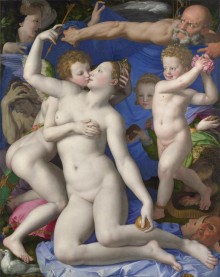 ARTH 243: Early Modern Spaces
ARTH 243: Early Modern Spaces